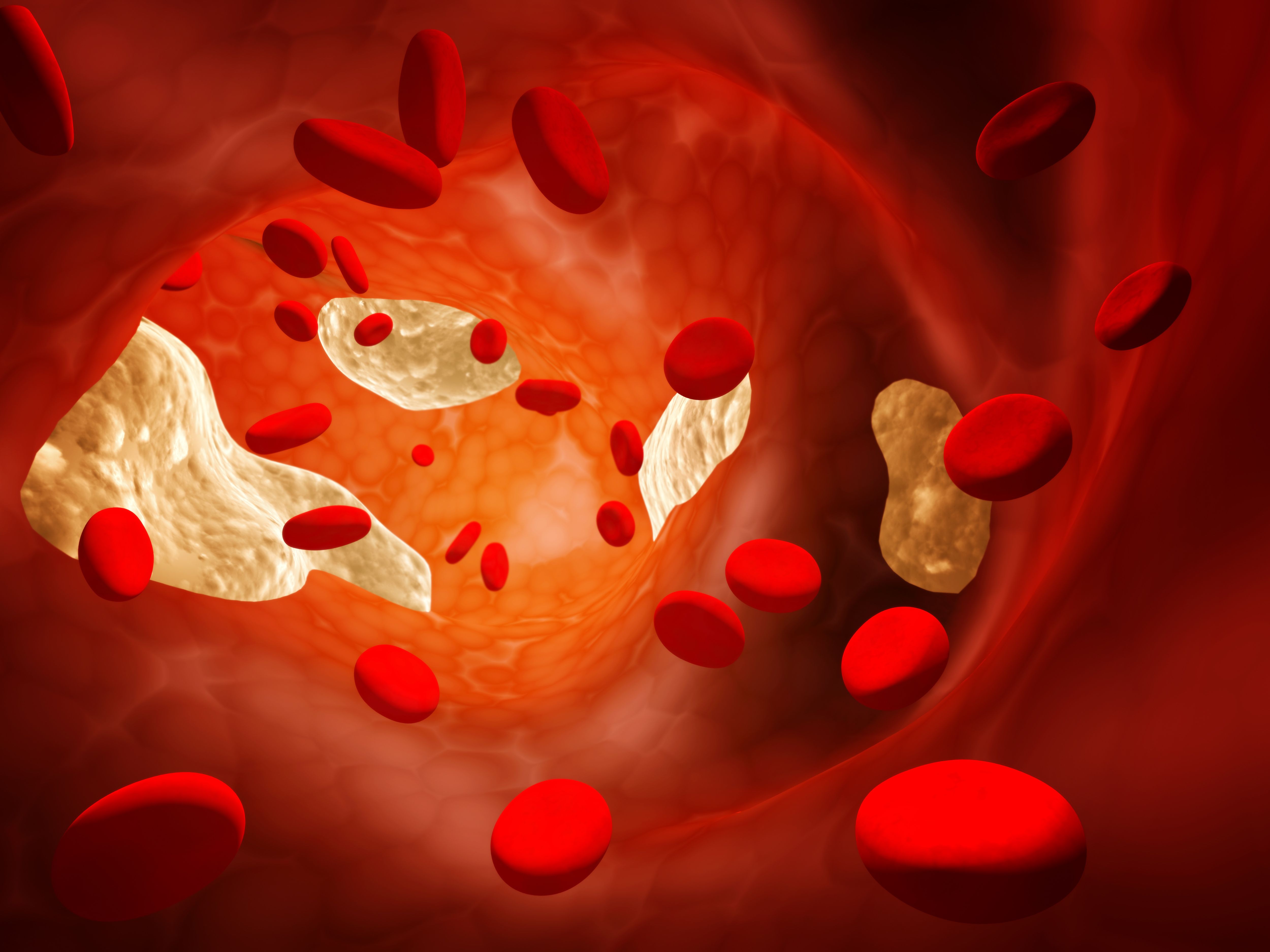DOACs More Effective than Low Molecular Weight Heparin for Recurrent VTE in Cancer Patients
A meta-analysis of 4 randomized trials is shedding light on the efficacy and safety of direct oral anticoagulant use for reducing recurrent VTE in patients with cancer.

Results of a recent meta-analysis of randomized trial data suggest direct oral anticoagulants (DOACs) may be more appropriate for reducing recurrent venous thromboembolism (VTE) events than low molecular weight heparin in patients with cancer-related VTE.
Performed by an international team of investigators from the US, Qatar, and Rome, the study found DOACs were associated with a lower risk of VTE recurrence at 6 months and no difference in major bleeding when compared against low molecular weight heparin in patients with cancer-related VTE.
“Among patients with cancer-related VTE, predominately solid tumors, DOACs were associated with a lower incidence of VTE recurrence and no difference in the incidence of major bleeding compared with LMWH,” wrote study investigators.
Led by Islam Elgendy, MD, of the Weill Cornell Medical College in Qatar, investigators designed the current study to address whether DOACs were effective and well-tolerated in patients with cancer-related VTE, which has become a subject of debate among clinicians. While the use of DOACs for VTE in non-cancer patients is well-established, recent data suggests they may not be safe in cancer patients.
With this in mind, investigators performed a computerized search of the MEDLINE, SCOPUS, and Cochrane databases from inception through April 2020 without using language restrictions. Search terms used by investigators included: novel oral anticoagulants, direct oral anticoagulants, low molecular weight heparin, apixaban, rivaroxaban, dabigatran, edoxaban, dalteparin, enoxaparin, cancer, and venous thromboembolism.
Investigator chose recurrent VTE as the primary efficacy outcome of the study. Of note, recurrent VTE was defined as a confirmed acute episode, including deep venous thrombosis (DVT) or pulmonary embolism (PE), according to each study’s definition. The primary safety outcome was major bleeding, according to each study’s definition.
Investigators also included multiple secondary outcomes. Secondary outcomes included recurrent episodes of DVT or PE, clinically relevant non-major bleeding, and all-cause mortality. Investigators pointed out all outcomes were reported at the longest available follow-up.
In total, 4 randomized trials comprised of 2907 individuals were identified for inclusion the current study—these patients had a weighted mean follow-up of 6.1 months. During the follow-up period, rates of recurrent VTE were 5.7% among patients receiving DOACs compared to 9.1% among patients receiving low molecular weight heparin (RR, 0.62; 95% CI, 0.44-0.87; P=.01). Investigators noted this difference was driven by a lower rate of DVT seen with DOAC use (RR, 0.60; 95% CI, 0.39-0.93; P=.02).
When examining the primary safety outcome, investigators observed no difference in the incidence of major bleeding—with rates of 4.8% and 3.6% for the DOAC and low molecular weight heparin groups, respectively (RR, 0.99; 95% CI, 0.84-1.16; P=.91). Additionally, none of the subgroup analysis results suggested any differences when assessing the primary efficacy and safety outcomes according to type of DOAC used (P for interaction=.53and P for interaction=.11, respectively).
“The use of DOACs in treatment of cancer-related VTE could be considered. Future studies are warranted to explore potential variation among different DOACs in cancer-related VTE, as well as the cancer type which drives the most benefit,” investigators added.
This study, “Efficacy and safety of direct oral anticoagulants vs. low molecular weight heparin for cancer-related venous thromboembolism: a meta-analysis of randomized trials,” was published in European Heart Journal - Cardiovascular Pharmacotherapy.